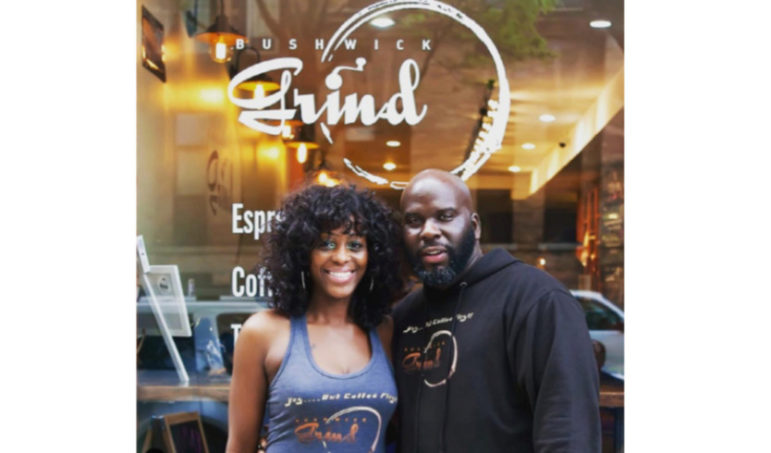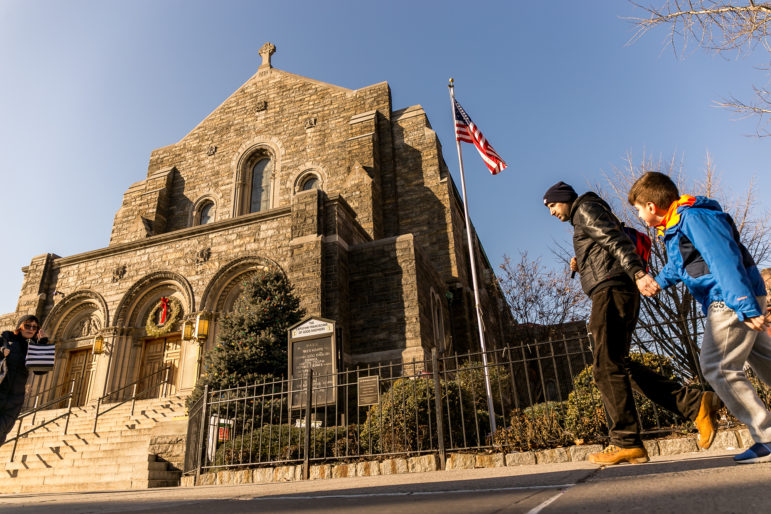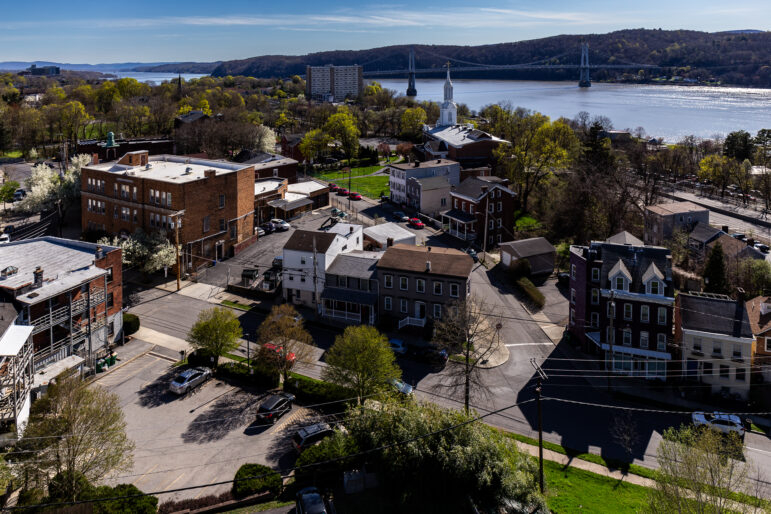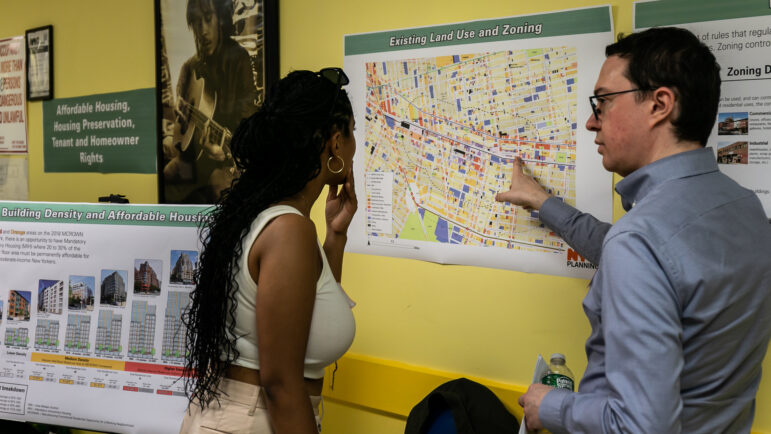“When I noticed very few places in my own neighborhood in Brooklyn where the community could come together to connect, despite the conventional image of an entrepreneur looking nothing like us, my husband and I decided to start our own business.”

Courtesy Kymme Williams
The author outside her Brooklyn cafe.I am a fourth generation Bushwick girl. I follow a line of powerful women from my great grandmother to my grandmother and my mother who were all born there. So, when I noticed very few places in my own neighborhood in Brooklyn where the community could come together to connect, despite the conventional image of an entrepreneur looking nothing like us, my husband and I decided to start our own business. We named our business in honor of my family, Bushwick Grind, to create a space focused on diversity and equality.
Black entrepreneurs are starting businesses at higher rates than other groups. In the face of systemic barriers, we’ve built businesses from the ground up, transformed our communities and contributed meaningfully to the economy. In the words of physician Sydney Labat, “We are truly our ancestors’ wildest dreams.”
There are countless stories of Black businesses who found ways to pivot in the worst of circumstances–and it appears we have more hills to climb. Headlines are filled with economic challenges facing small businesses: inflation, workforce shortages and disrupted supply chains.
A new survey of graduates of Goldman Sachs’ business education program, 10,000 Small Businesses, recently found that 78 percent of small business owners say the economy has gotten worse in the past three months. It also found that 93 percent are worried about the U.S. economy experiencing a recession in the next 12 months. But there is some good news: 65 percent say they are optimistic about the financial trajectory of their business this year.
Although the economic forecast may not be bright, I know Black-owned small businesses are a collective sign of hope for the economy.
Entrepreneurs are the first to face economic headwinds and the first to creatively maneuver around them, signaling to the rest of the country what’s to come. Often Black businesses are disproportionately affected, and at times we must think on our feet and adapt faster than our counterparts.
I am living proof of what it means to be battle-tested. After being shut down during the pandemic for nine months, we used our facility as a pop-up for other local businesses and created a community fridge that is still serving the community today. My perseverance has paid off, and I’ve seen my impact resonate within Brooklyn and beyond. In fact, I became a certified Minority Owned Business and secured a government contract to provide 400 meals a day to vaccine sites across New York City.
This week I will join 2,500 other small business owners at Goldman Sachs 10,000 Small Business Summit. The event will be the largest gathering of small businesses in the U.S., celebrating hometown innovators like me. We are also calling on lawmakers for better public policies. Top on our agenda is a call to modernize the U.S. Small Business Administration (SBA), which has not been reauthorized since 2000. Doing business in the U.S. changes every day, and the SBA mission and policies need to reflect today’s market, not that of 22 years ago.
We thank our leaders in New York State and New York City for prioritizing small businesses as we struggle to recover and grow. We still need help, whether it’s accessing capital, paying for childcare, competing for government procurement opportunities or managing onerous regulatory barriers, and we’re counting on our state and local leaders to keep small businesses top of mind.
As we travel to Washington, we’re hopeful policymakers will also hear our call to further assist our employees in obtaining safe and affordable childcare, and to make sure the government is living up to its promises of opening its federal contracting opportunities to more women- and minority-owned small businesses.
When we ensure the prosperity of Black businesses, we can ensure the health and wealth of the country, as well as local communities. And while we often hear about the plight of Black businesses, let’s tell a different story moving forward. A story which reclaims what our ancestors knew to be true: with great trials comes the chance to be triumphant. A story that believes our best is yet to come.
Kymme Williams is an entrepreneur and the owner of Bushwick Grind in Brooklyn.








